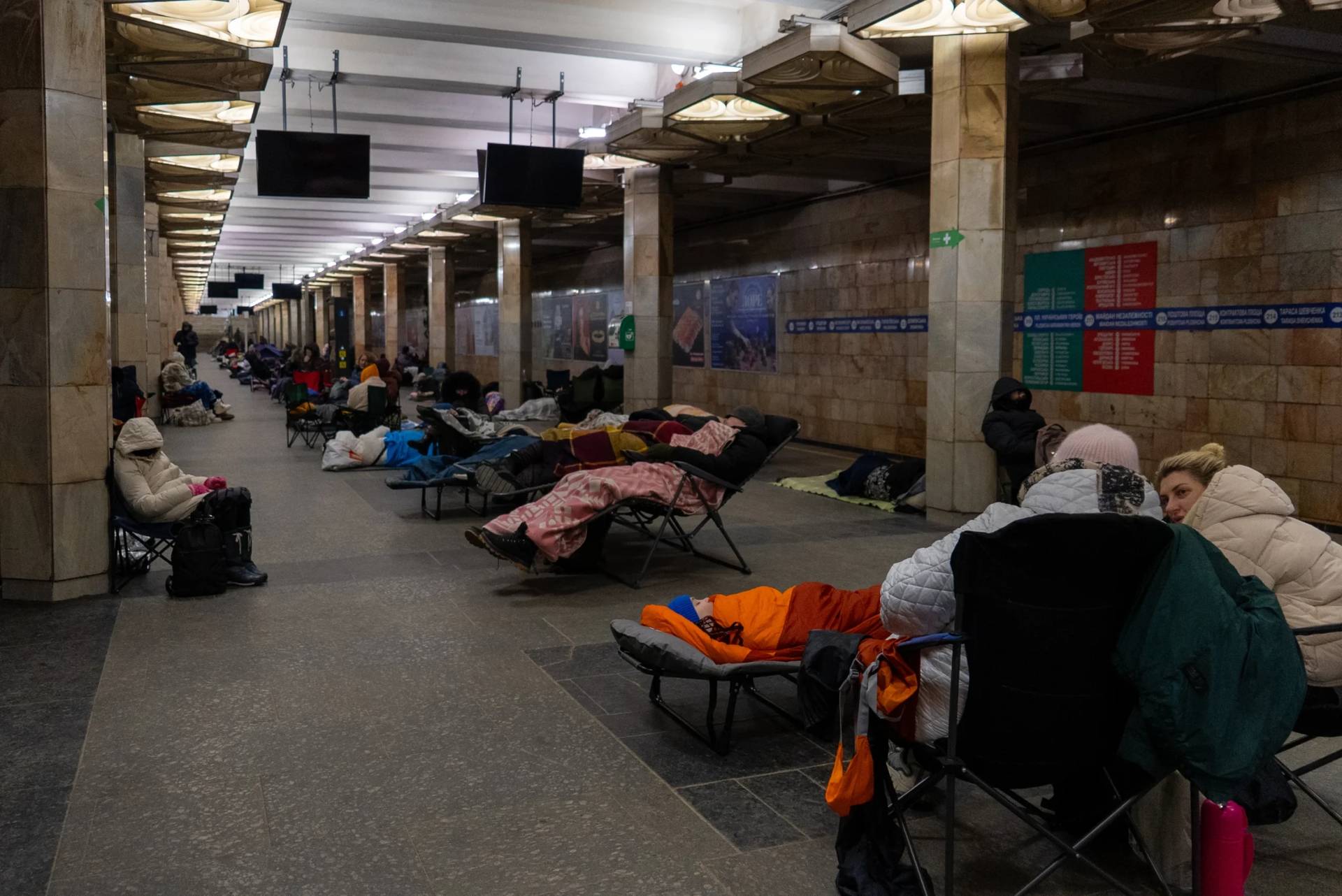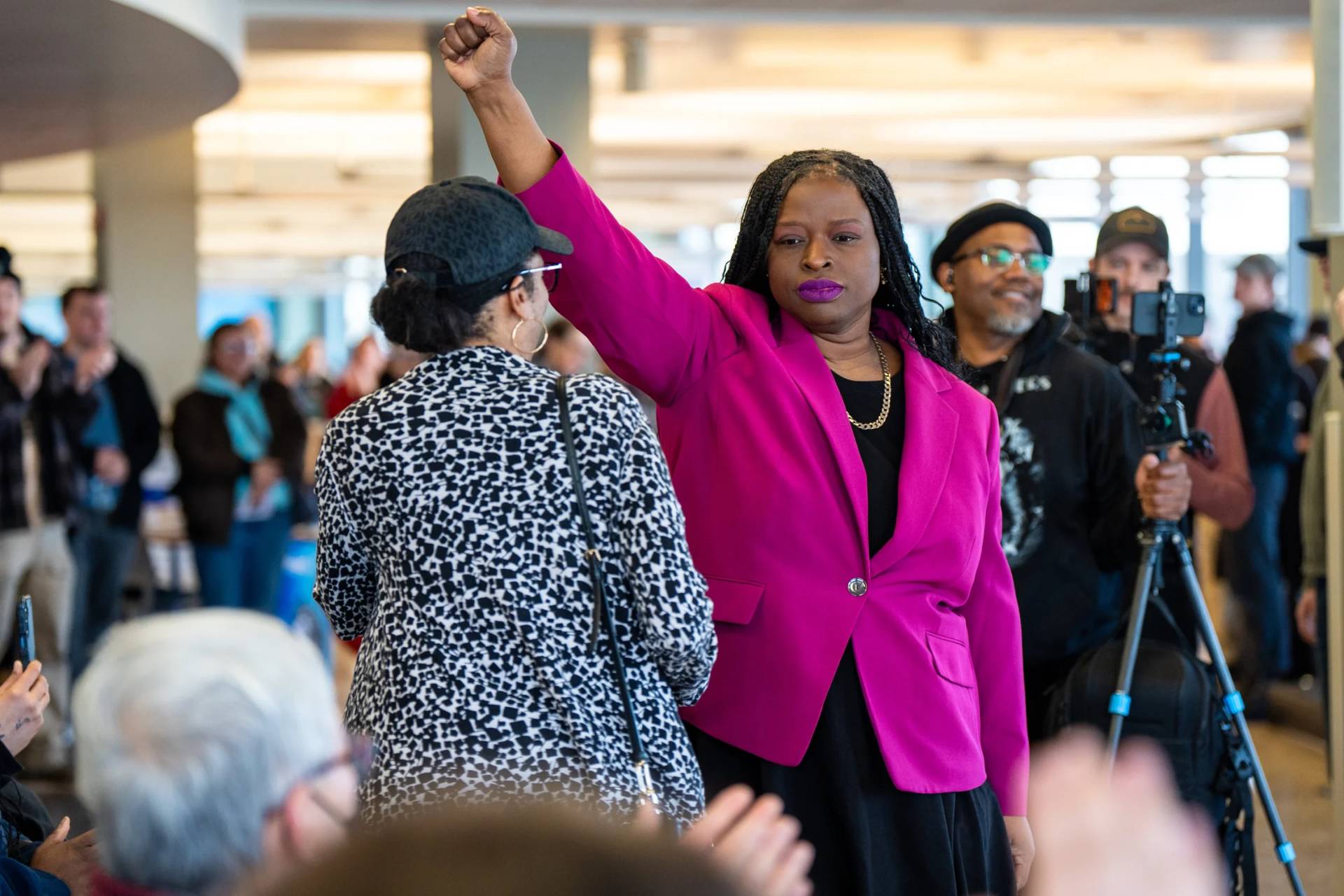WASHINGTON, D.C. — Michael Warren Davis says he is still pinching himself that at age 24 he is the editor of the U.S. edition of the Catholic Herald, launched in mid-November by the British publication.
The Herald, in its 130-year-history, has featured such esteemed writers as Evelyn Waugh, Graham Greene and J.R.R. Tolkien.
“We don’t consider ourselves in competition with anyone else” in the United States, Davis told Catholic News Service. “I think the country benefits from having a variety of viewpoints and styles of publications.”
The Catholic Herald, he said, has been called the “Catholic” Economist, referring to another British-based publication whose primary focus is world events, politics and business and also has regular sections on science and technology and on books, literature and the arts.
Davis said the Catholic Herald, which for most of its life was a newspaper and became a magazine in 2014, covers the Catholic Church with editorials and stories that try to take a “more analytical approach” on a subject to give readers a “deeper understanding” of church issues and current affairs.
The publication also has a mix of articles on culture, society, the arts, books and music, accompanied by photos, graphics and illustrations, with a few caricatures of church newsmakers sprinkled in.
Some of the writing is humorous, and other pieces, like those in its spiritual life section, showcase “the beauty of Catholicism,” Davis explained.
The writing is “quality prose” and the magazine “has a good sense of humor,” he said. ” A lot of Catholic media now is just so angry and pungent, and that’s not what we want.”
Views of the Catholic Herald‘s columnists cover a wide range, but the “only bias” the magazine has is “we’re faithful to the magisterium,” Davis said in a telephone interview a few weeks after the debut of the U.S. edition, based in Washington.
“We want to be hard on the bad guys, the abusers, anyone trying to compromise the faith. (We’re) hard on them, but we don’t want to bum people out. That’s not our job. We give people the facts,” Davis said.
“We are not afraid to say things that might embarrass the pope and we are not afraid to defend orthodoxy,” he said. “I love the Holy Father. I don’t believe he is evil or subversive by any means, (but) I am not a volunteer PR guy for the Holy See. (We’re) not out to get him or attack Francis for his own sake.”
He thinks there is too much of a “reflexive impulse” to defend the pope and “that’s not the job of the Catholic journalist.”
The U.S. Catholic Herald‘s writers include Matthew Schmitz of First Things, J. Arthur Bloom of the Spectator USA, Sohrab Ahmari of the New York Post, John O. Sullivan of National Review, Philip Lawler of Catholic World News and Oblate Father Ron Rolheiser, a prolific writer and speaker.
Davis began writing occasionally for the Catholic Herald on American affairs in 2016; he was named editor for the U.S. edition in 2017 and moved to Washington for its launch.
Born in the United States, he studied at the University of Sydney, where he earned his bachelor’s degree with a double major in English and philosophy. He has been an editor of Quadrant, an Australian conservative culture and politics magazine, and was a columnist for The Spectator Australia while in college.
In 2015, when he was 22, he moved back to the United States. He covered the presidential election for The Spectator Australia.
Baptized a Presbyterian and raised in the Episcopal Church, he became a Catholic in 2016.
Davis told CNS that even as a teen, he felt he should be a Catholic. He made the decision when he attended Mass at a church in the Catholic ordinariate for former Anglicans. While fully Catholic, the groups in an ordinariate retain aspects of their Anglican heritage and traditions.
It was ironic, he said, because he had been quite critical of the ordinariate, but a friend persuaded him to go to this Mass. There, when he received Communion, he felt the Real Presence in the Eucharist for the first time.
Still emotional about it, he recounted that as the priest came “down the row” of communicants, his anticipation built for receiving the Eucharist. He likened the feeling to waiting for the arrival of loved ones you haven’t seen in a long while.
His hope for the U.S. Catholic Herald is that readers will appreciate its “beauty, brains, faith and good humor.”
“We’re not afraid to talk about the issues that can ruin a Thanksgiving dinner: politics, abortion, sex, gender, clerical abuse — yes, even liturgy,” he said in an essay in the inaugural issue. “Those subjects that are off-limits at the water cooler — not to mention swathes of Catholic news outlets in this country — are also the subjects that most impact the lives of ordinary Catholics.”















